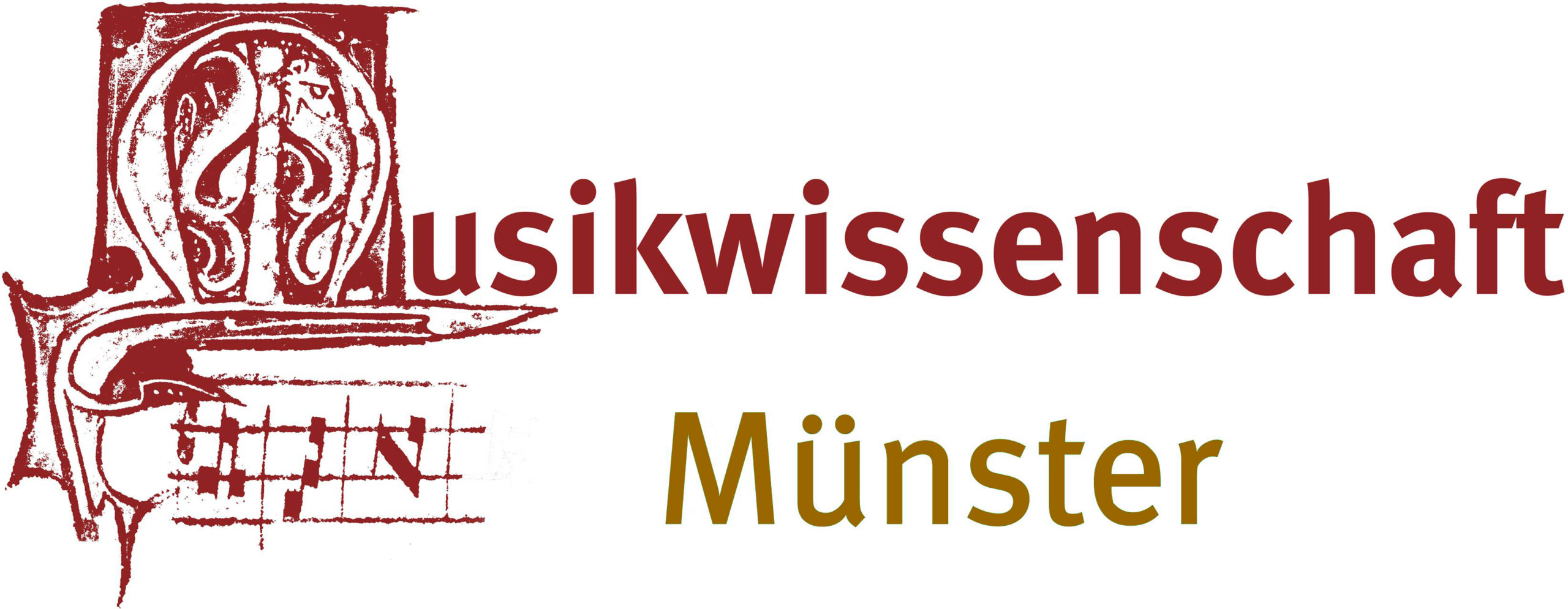Overview
Persons
Valter AamodtJohn AanesKjell AarnesKari Aarvold GlaserLaila AavatsmarkMax AbrahamGunnar AbrahamsenKonrad AdenauerPer Hjort AlbertsenWaldemar AlmeRolf Owe AmundsenBjørn Øvern AndersenRobert AndersenEinar Lorang Sakarias AndresenReidar Thorleif AndresenØyvind AnkerKarsten Anker AndersenAnne ÅrhusKnut ArnesenElse Marie Arnesen EnlienYanrita AsbjørnsenWilliam AstonEdgar AureBarthold Peder BaarstadJohann Sebastian BachJulia Nathalia BackOlam Backer-GrøndahlFridtjof Backer-GrøndahlConrad BadenKjell BækkelundBjarne BakkeJacob BakkeSigrid BakkeHans BalchenAdolf BarkvedMary Barratt DueStephan Henrik Barratt-DueThomas BeckLudwig van BeethovenRolf Marthinius BekkelundOttar BergLeon BergeOlav BergeIngrid BergesenØivind BerghSverre BerghPer BergsethLeopold Lars BildRagnar BirkedalKåre BjørgenJonas BjørnerudØistein Strøm BjørnsgårdFriedrich BlumeJohnny BodeOscar BorgSolveig BorthenEdvard BræinHarald Brager-NielsenThora BrattReidar BrehmerAgnes BrevikJonas BrunvollBjarne BrustadWallace Symons BuchananArne E. ChristensenHalfdan ChristensenAmalie ChristieCecil Collin-HansenKristine Dahl BørsumBenny Dahl-HansenGerd Alvilde DahlstrømOle DevikNicolai DirdalArne DørumsgaardHans DraegerHeinz DrewesGeorg EgenbergGunvor EggeArne EggenOle EidissenEldar EngenHakon EriksenAlfred EvensenBertha Smith Falck-YtterKarl Gustav FellererAstrid Sofie FjordholmArvid FladmoeLasse FlagstadDagfinn FlemJostein Arve FolstadAstrid FossaneØistein Herbert FrantzenFritz FrølandReidar Kristian FrykmannRolf FuglesangWilhelm FurtwänglerWalter FyrstRolf GammlengHerbert GerigkErnst GlaserMargrethe Janson GleditschJoseph GoebbelsWilhelm GoldbergRebekka GoldenheimGunnar GraarudJosef GrabowskiRowland Charles Wentworth GreenbergLiv GreniIngeborg GresvikEdvard GriegNina GriegErik Monrad GriegPer GrønnebergEivind GrovenOdd Grüner-HeggeEilif GulbransonOlav GurvinAlfred GuttmannAndreas HaarklouHans Ludvik Bernhard HaavikPauline HallWilliam Kurt HammersmarkRudolf HansenØivind HansenAgnes Hanson HvoslefBergljot HavnevikHarald HeideRandi HelsethArne HerambEyvind HesselbergTheodor HeussHeinrich HimmlerHenri HinrichsenRuben HirschAdolf HitlerLudwig HoelscherHaakon Emil HoemSigurd HoffRolf HolgerBjarne HolstAlf Constantin HolstOscar HolstWillem van HoogstratenHans Jørgen HurumJohn Tormod HusteOle Marius HvamBoggen IbsenHenry IngebretsenIstván IpolyiLudvig Irgens-JensenPaul JahrenHarry JenackJim JohannessenGeorg Steen JohannessenHenry JohannessenIrving JohansenWilly JohansenKarl Didrichsen JohansenIvar JohnsenSverre JordanAugust Nilsen JørgensenParis JozefRolf KarlsenRolf Kåre KarlsenHugo KellerOlav KiellandSigurd KiellandGunnar KjeldaasArnljot KjeldaasErling KjellsbyKristoffer KleiveEva KnardahlAasmund KnottenGunnar KnudsenElef Hans KnudsenKåre Marinius KorneliussenHugo KrammDag KristoffersenErling KroghFrida KrømerHarald KværneWassily KvetzinskyRuth LagesenThorvald LammersSigrid Johanne LandgraffKristian Albert LangeJacob LankelinskyErlin LarsenArpad LehnerJohn LennonFanny Elsta LepsøeMoritz Joseph Leventhal (Lewenthal)Arne LieMons Michael LieTrygve LindemanMax Paul Otto LindemannHolger LitsheimTerje LitsheimJuan LlossasHeinrich LübkeOle Asbjørn LudvigsenAnton LundSigne LundJon Lund-HansenGulbrand LundeØyvind LundeFridtjof (Frytyof) LyssandAsbjørn MæhlumOle MæhlumJacob (Jac) MaliniakOle Jacob MalmPeder Simon MartensenJohan Lauri MartinpeltoMoritz Mayer-MahrFinn MelandHarry Isidor MendelHans MersmannAnton MeyerJohannes MeyerHans MittetGunvor MjelvaCally MonradDavid Monrad JohansenAttilio Aurelio Giorgio von MoosBen Abraham MoritzJon Henrik MortensenHans Joachim MoserAlf MostadGeorg Wilhelm MüllerElisabeth Munthe-KaasÅge MyklegårdLeif NagelHans NaumilkatElly NeyOtto NielsenOtto Louis NielsenLudvig NielsenGunnar NilsenAlf Ingemann NoråsRigmor NorbyRikard NordraakReidar NordvaldEgil NorsjøEline NygaardKnut NystedtOle ØienBergh OlsenOle OlsenRolf Letting OlsenInger OlsenGunnar ØrbeckAnne-Marie Ørbeck SmittKarl Ingolf OshaugJohnny ØsthagenAnne Eline Christie ØstringSigne ØvstaasJulius PaltielAlfred PaulsenArvid Nickolai PedersenJohannes PetschullKåre PettersenArild Otto PlauTrygve PræsttunWillie Albert PrytzVidkun QuislingHildur RabeAmund RaknerudOttar RamfjordBernhard RammArthur RatchePer ReidarsonGeorg ReissElisabeth ReissRobert RieflingReimar RieflingDagfinn Ommundsen RimestadInge Rolf RingnesOle Halvorsen RiseIngarth RojahnRolf Egil RollstenMauritz von RoosAlfred RosenbergKarl Viktor RøstKjell RuudHerman SachnowitzOrvar SætherHarald SæverudOle Mørk SandvikDagny SandvikArild SandvoldJacob ScharffJoseph Hirsch SchechterHerman Jens ScheelArnold ScheringGerhard SchjelderupEugen SchmitzArnold SchoenbergEinar SchøyenCarl SchurichtWilhelm SchwarzottThorleiv SellægMildred SelmerEinar SiebkeKåre SiemSigurd Johannes SigurdsonMelvin SimonsenJohan SimonsenChristian SindingOtto SindingTore SindingAlf SjøenFinn SkottnerEdvin SolemTorbjørn SoliHans SolumCarl SømmeOdd SommerfeltTrygve Johannes StangelandRandi Heide SteenFritz SteinAnne Oline StensrudKaare StoraasRolf StørsethJenny StrandJohn Thorleif StrandJohann StraußHarald SvendsenOlav SverenusEdvard Sylou-CreutzSigurd SyversenJoseph SzterenyiJosef TerbovenAsmund ThoresenBodil Carlsson ThorsenGunnar TorbjørnsenSigurd TorkildsenArturo ToscaniniIngerid Traae JersinSverre TranumGeirr TveittHans Jacob UstvedtFartein ValenMorten VatnKnut VikFritz von der LippeFranz von SuppéTorolf VossKristian VuttudalHilda WaldelandDagmar Walle-HansenPer WangEgil Halvor Andresen WennemoHolger Armand WennevoldGottfried WernerLiv Wesenberg NielsenKaare Roar WestbyeErling WestherOlaf WiigerAugust WilhelmsenGerda WilskowJohannes WolfLeif (Leiba) WolfbergJan WølnerOskar Wulff
Authors
Małgorzata GrajterRuth LeiserowitzBeate A. KrausAlexandros CharkiolakisChristine SiegertTatjana ČunkoLolita FūrmaneMagdalena DziadekHubert SzczęśniakEsteban BuchMichael FjeldsøeMonika JangaardRobin GerkeYvonne WasserloosLutz KlinkhammerErik LeviSaskia JaszoltowskiMelanie UnseldChristoph HenzelDaniel SiebertSean PrieskeKlaus PietschmannAttila KornelAndreas BußmannMichael CustodisFriedrich GeigerManfred HeidlerIngrid Loe LandmarkArnulf MattesBoris PrevišićIna RupprechtArvid O. Vollsnes
Places
Orte
Auschwitz
Bardufoss
Berg
Bergen
Berlin
Bodø
Bonn
Bredtveit
Copenhagen
Dresden
Düsseldorf
Espeland
Falstad
Gjøvik
Grini
Gøteborg
Hamar
Hamburg
Hannover
Harstad
Haugesund
Heidelberg
Hønefoss
Kiel
Kirkenes
Kristiansand
Larvik
Leipzig
London
Mainz
Münster
Narvik
New York
Oslo
Paris
Sachsenhausen
Salzburg
Stavanger
Stockholm
Tromsø
Trondheim
Tutzing
Tønsberg
Vienna
Vollan
Keywords
Eigene Schlagworte
Bandmaster
Censorship
Choir
Collaboration
Composer
Conductor
Edition Peters
Exile
Film
Hird
Historiography
Jazz
Jewish
Journalist
Memory
Metal
Military Music
Musicology
Nasjonal Samling
Nordische Gesellschaft Lübeck
nordische Verbindungsstelle
NSDAP
Organ
Persecution
Pianist
Piano
Pop
prisoner
Propaganda
Propaganga
Publisher
Radio
Reichskommissariat Norwegen
Resistance
Singer
Sivorg
Sonderstab Musik
Song
SS
Teacher
Theater
Truppenbetreuung
University
Violin
Wagnerism
Music and Resistance
A Project at the Department for Musicology
University of Muenster
Universität Münster
Institut für Musikwissenschaft
Philippistraße 2b
48149 Münster
+49 251 83-24560
